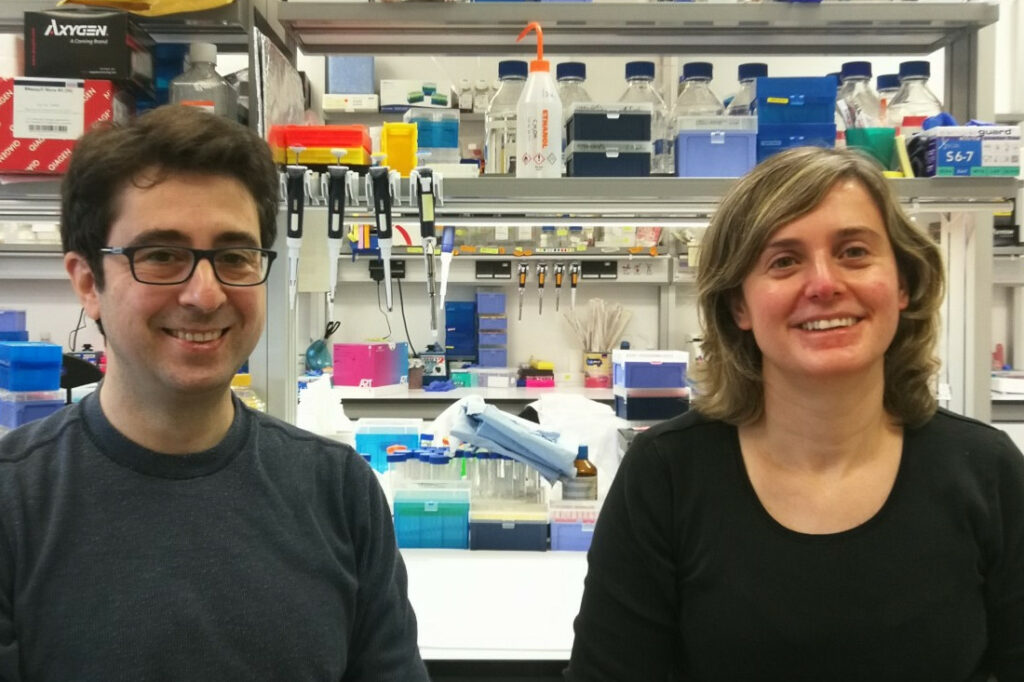Albert and Eli participated in an international study published in Nature, which describes the processes occurring in the hippocampal neurons to create long-lasting memories.

Long-term memory is a brain mechanism that allows us to encode and retain an almost unlimited amount of information throughout our lifetime. Key proteins that activate protein synthesis, such as the eIF2 initiation factor, are involved in the process.
In this study, coordinated by McGill University (Montreal, Canada), they observed that eIF2 is involved in the formation of new long duration memories through its activity in two types of neurons in the hippocampus: excitatory neurons and neurons expressing somatostatin, a group of inhibitory neurons.
In parallel and autonomously, the reduction of eIF2 bound to a phosphorus molecule (phosphorylated) in these two subpopulations is enough to increase protein synthesis, strengthen connections between neurons, and improve long-term memory.
“To study these effects, we used a technique we had developed, that showed that the changes in the excitatory neurons during learning are similar to those observed by genetically preventing eIF2a phosphorylation in these neurons”, explains Eli. This is important because it validated the genetic model and allowed identifying the changes that learning produces at a transcriptional level.
“The existence of two autonomous processes for memory consolidation mediated by the non-phosphorylated form of eIF2a may respond to an evolutionary advantage in ensuring and regulating the duration of a given memory”, says Albert.
The study is the first to analyze separately the role of excitatory and inhibitory neurons in the hippocampus in the consolidation of these types of memories, and helps to understand the creation and maintenance of memories phenomenon, which continues to belargely unknown.